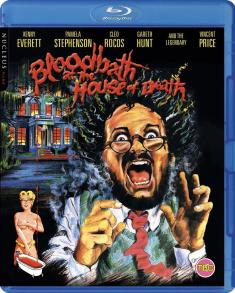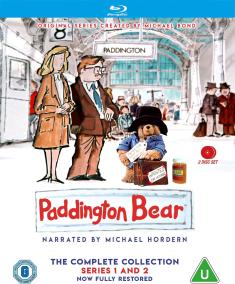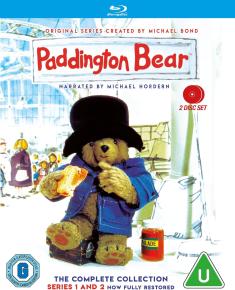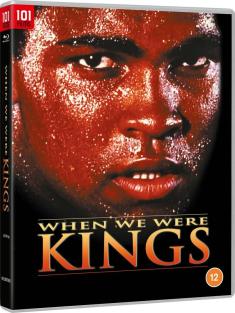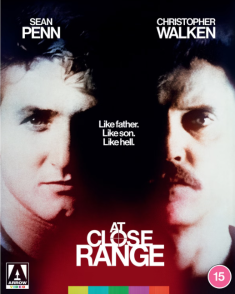Undertale
Overview -
The name Toby Fox probably doesn't mean a lot to most gamers, unless they're a part of certain specific fandoms. The sole developer started by making a ROM hack of the popular RPG 'Earthbound', and providing a few muscial tracks for the webcomic Homestuck. Then, Toby launched a Kickstarter for a slightly unusual video game, "A traditional RPG where no one has to get hurt". The campaign was successful, and this year the gaming populace was treated to the RPG 'Undertale,' a game that does note lend itself to simple genre descriptors.
Video Review

'Undertale', to put it bluntly, is bland looking. Many gamers compare the game's looks to 'Earthbound', and that is not entirely incorrect, though I'd argue 'Earthbound's' color palette is more robust. Battles are mainly black and white against a green grid, which is about as basic as RPG gaming gets. Enemy design has a real flavor to it that naturally sticks out against the basic backdrop and UI. Even with the style points, it's obvious that 'Undertale' isn't much of a looker, and that may hold the game back a bit. The upside though, is that most anyone can play the title without fear of computer limitations, a vertible will run on a toaster type game.
Audio Review

'Undertale' has an unusual and outright fantastic soundtrack. While there's no voice acting, the music (or lack thereof) reflects the atmosphere and tone of the title wonderfully. The battle themes are varied and intense, properly displaying the personalities of the foes being fought. Even the musical direction is top-notch—depending on how the players advance through 'Undertale', the speed and tone of the tracks will slow down or speed up, lending to a more relaxed or more tense atmosphere.
Final Thoughts

'Undertale' doesn't seem like much, but it is really just a wonderful experience. This title really stuck with me this year, even beyond beating the game itself. 'Undertale' may appear unassuming, but it's full of charm, humor, and emotion. Everyone playing games in search of distinct experiences owes it to themselves to play beyond the first slow hour or so. It may not resonate with absolutely everyone, but it's a game that is best played to truly experience, at which point, the debate can begin.





